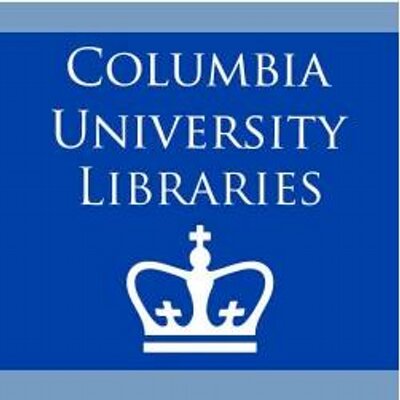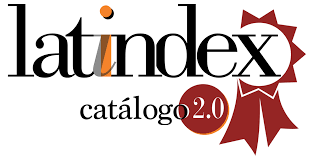Revista de Arquitectura is an open access journal. More information...
Authors retain copyright and grant to the Revista de Arquitectura the right of first publication, which will be simultaneously subject to the Creative Commons (CC) BY-NC license.
Authors will sign a non-exclusive distribution license for the published version of the article by completing (RevArq FP03 Permission to Reproduce).
Self-archiving will comply with SHERPA/RoMEO guidelines and the Green classification.
To see in detail these guidelines, please consult...
Abstract
In the search of cultural manifestations of the city, we have centered our interest in the importance of the fiesta as socio-symbolic construction and as an instrument that allows us to observe the cultural movements that are given to the interior of the city to identify the diverse forms of sociFaculty there. For this the city is analyzed historically in its characteristic elements, the festive calendar and the space of the city that act as a natural scenario. Bogotá is politically divided in 20 boroughs and two of them are of our interest: the Borough 1 Usaquén and the Borough 7 Bosa. Therefore, to understand the fiesta as cultural expression implies the reconstruction of the festive calendar first in the study boroughs and the revision of its territorial dimension, its urban fabric and its public space. This way, the objective of the research contributes to the recognition and valuation of the cultural and patrimonial diversity - very constituent of the identity and of the citizenship - and to the understanding of the diverse relationships between the community and the public space. Therefore we find in the fiesta a form of cultural mobility that manifests in facts that can also be denominated monuments, but with the quality of being more alive than ever and that they are the prime expression of the urban life itself.
Keywords:

References
ARIÑO, Villarroya Antonio. La Ciudad Ritual. La Fiesta de las Fallas, Barcelona. Ed. del Hombre Anthropos, Ministerio de Cultura, 1992.
ARIÑO, Villarroya Antonio. Sociología de la cultura. La constitución simbólica de la sociedad. Ed. Ariel S.A., Barcelona, 1997.
BACZKO, Bronislaw. Los Imaginarios Sociales, Memorias y esperanzas colectivas. Ed. Nueva Visión, Buenos Aires,1991.
BAJTIN, Mijail. La Cultura Popular en la Edad Media y en el Renacimiento, El contexto de Francois Rabelais. Alianza Editorial, Madrid, 1987.
CHARTIER, Roger. El mundo como representación. Ed. Gedisa, Barcelona, 1992.
CRUZ DE AMENABAR, Isabel. La Fiesta: Metamorfosis de lo Cotidiano. Chile, Serie Arte y Sociedad en Chile. Ediciones Universidad Católica de Chile, Chile, 1995.
GEERTZ, Clifford. La Interpretación de las Culturas. Ed. Gedisa, Barcelona, 1973.
GONZALEZ, Pérez Marcos. Fiesta y Nación en Colombia. Ed. Magisterio, Bogotá, 1998.
MARTÍN JUEZ, Fernando. Contribuciones para una antropología del diseño. Ed. Gedisa, Barcelona, 2002.
VOVELLE, Michel. Ideologías y Mentalidades. Ed. Ariel S.A., Barcelona, 1985.

























